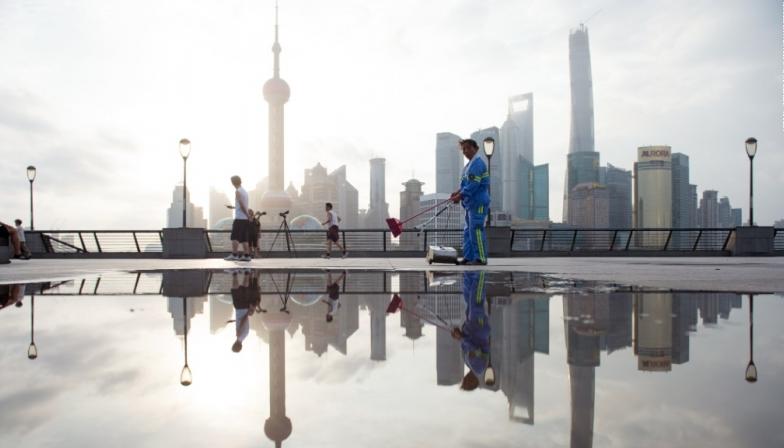US trading representative Robert lightheiser on August 18 announced a “thorough investigation” of those ”laws, norms and practices of the PRC, which“ probably violate American intellectual property rights, ”and also damage“ American innovations and technological development ”. This statement also made noise due to the fact that American legislation grants the US President the authority to apply unilateral import duties and take other measures to protect US enterprises from "dishonest trade practices" of other countries.
If during the year, while the investigation lasts, it turns out that the PRC really resorted to such practices, then the risk of escalation of the US-Chinese trade war will again appear. After all, both President Donald Trump, and some of his advisers, including Steve Bannon, who recently resigned, considered the possibility of such a war, and some even insisted on it.
Then, on August 21, the Chinese Ministry of Trade said that the step of the American authorities is directing a “false signal” and will be convicted by the international community. "The neglect of the United States Rules of the WTO and the return to the norms of national law to start conducting trade investigations against China, is irresponsible," Beijing noted. The Chinese department also called the US criticism towards the PRC "biased".
The world champion in copying, or maybe thefts of technology?
And yet China is considered an indisputable leader in the field of copying technology, industrial design and business models. However, there is not always an unambiguous fact of theft of intellectual property or fake for the original. Often we are talking about open copying. An example is the Chinese response to the appearance of the iPhone from the American Apple corporation in the form of a significantly cheaper HIPHONE. The same applies to the Chinese companies Xiaomi, Weibo and Youku, which are considered to be the clones of the American Apple, Twitter and YouTube.
But one thing is open copying, and quite another is theft of intellectual property. The American side estimates the losses of its companies at about $ 600 billion. And although this is a colossal amount, it nevertheless has not yet led to the withdrawal of foreign enterprises from the Chinese market, nor to tough sanctions.
targeted policy
Expert and economic lawyer Rebecca liao believes that American and European firms should always be on guard if they plan to enter the Chinese market. The reason for this, in her opinion, is the unambiguous call of the Chinese authorities to local enterprises to achieve the transfer of technologies of foreign enterprises.
However



